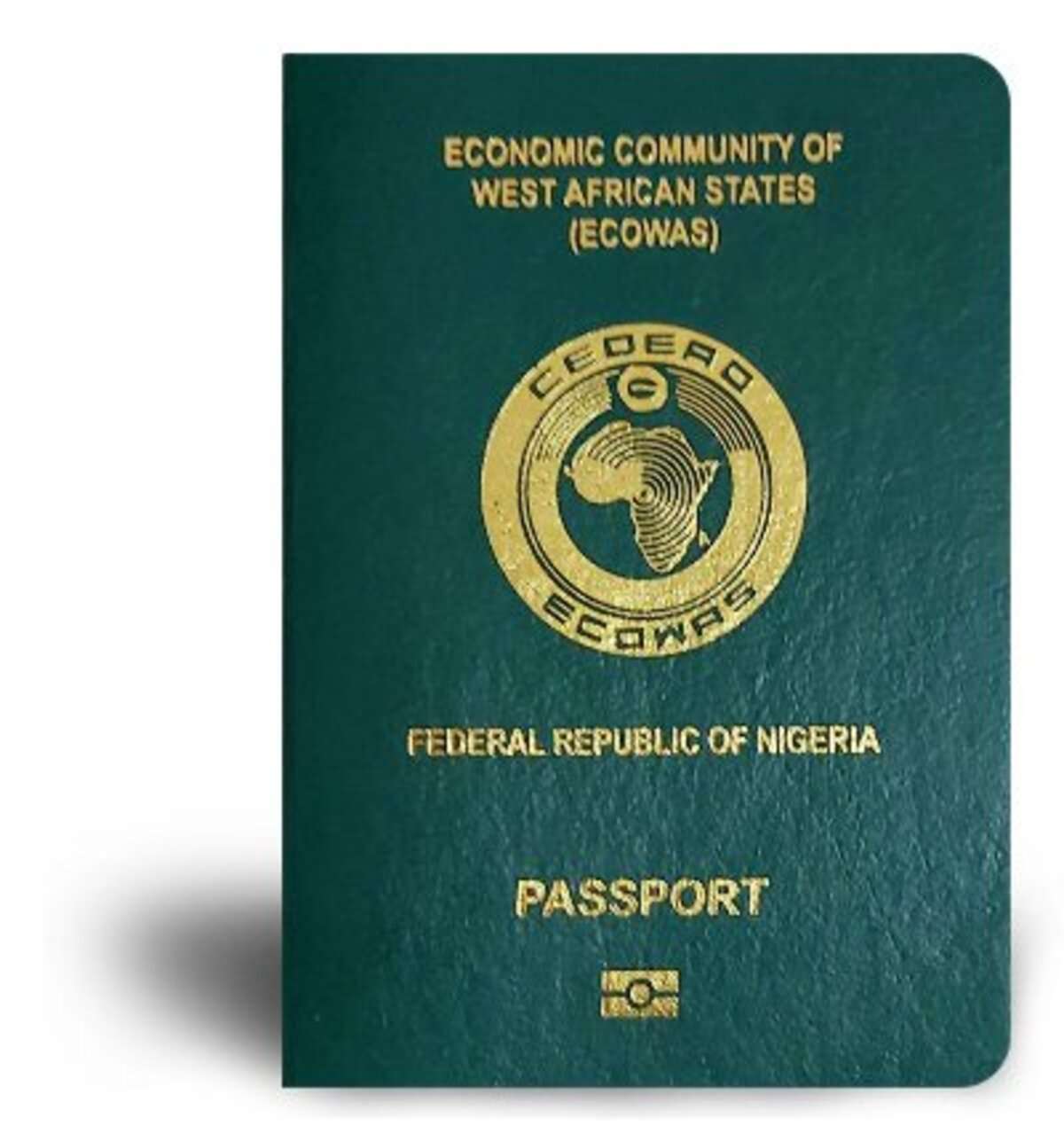UK Visa Policy Changes: Impact On Nigerian And International Applicants

Table of Contents
Increased Scrutiny and Stricter Requirements for Nigerian Applicants
Nigerian visa applicants now face heightened scrutiny compared to applicants from other nationalities. This increased vigilance translates to a more demanding application process, characterized by stricter requirements and longer processing times. The UK government attributes this increased scrutiny to various factors, including concerns about immigration control and potential security risks.
-
Increased documentation requirements: Applicants are now required to provide significantly more documentation than before. This includes extensive financial proofs demonstrating sufficient funds to support their stay, detailed travel itineraries, and comprehensive evidence of accommodation arrangements. The burden of proof has increased considerably.
-
More stringent proof of ties to Nigeria: Applicants must provide compelling evidence demonstrating strong ties to their home country. This can include property ownership, proof of employment, family ties, and financial commitments in Nigeria. Weak ties are often cited as a reason for rejection.
-
Longer processing times for applications from Nigeria: Processing times for Nigerian visa applications have noticeably increased. Applicants should expect delays and plan their travel accordingly, allowing ample time for the application to be processed.
-
Higher rejection rates compared to other nationalities: Unfortunately, Nigerian applicants experience higher rejection rates compared to many other nationalities. Understanding the reasons behind these rejections and addressing them proactively is essential.
Specific visa types affected include visitor visas, student visas, and work visas. The increased scrutiny affects all categories, making thorough preparation crucial for a successful outcome.
Changes to the Points-Based System for Skilled Workers
The UK's points-based system for skilled workers has undergone significant changes, directly impacting Nigerian professionals seeking employment opportunities in the UK. These changes make it more challenging for skilled workers to meet the required points threshold for visa approval.
-
Changes to the required skill level and qualifications: The required skill level and qualifications have been raised, demanding higher levels of expertise and professional certifications. This change puts Nigerian skilled workers in a more competitive position.
-
New salary thresholds and job requirements: Salary thresholds have increased, and job requirements have become more specific. Nigerian professionals need to secure roles that meet these stringent criteria to qualify for a visa. This directly impacts job opportunities and potential earnings.
-
Impact on sponsorship requirements for employers: The process for employers sponsoring skilled workers from Nigeria has also become more rigorous. Employers now face stricter compliance measures, affecting their ability to recruit international talent.
-
Increased competition for limited visas: The limited number of visas available under the points-based system has increased competition among applicants, making success even more challenging.
These changes significantly affect Nigerian professionals' ability to secure skilled worker visas and contribute their skills to the UK economy.
Impact on Student Visas from Nigeria
The UK has also implemented changes to its student visa requirements, particularly impacting Nigerian students seeking higher education. These alterations necessitate careful planning and preparation for applicants.
-
Changes to English language proficiency tests: The acceptable English language proficiency tests and minimum score requirements have been refined, making it more crucial to achieve high scores on these tests.
-
New requirements for financial guarantees: Applicants must now demonstrate a greater capacity to fund their studies, requiring more robust financial guarantees and evidence of sufficient funds.
-
Changes to the permissible course of study: Some courses of study might have stricter entry requirements or might not be eligible for student visas. Careful research is needed to ensure the chosen course aligns with the visa requirements.
-
Impact on the overall application process: The overall application process has become more complex, demanding more thorough preparation and attention to detail.
These changes may affect Nigerian students’ choices of universities and courses, necessitating careful planning and thorough preparation before application. Specific universities and programs may have unique requirements that need to be met.
Navigating the New UK Visa Application Process
Successfully navigating the UK visa application process requires meticulous planning and attention to detail.
-
Importance of meticulous documentation: The most crucial aspect is providing complete and accurate documentation. Any missing or incomplete documents can lead to delays or rejections.
-
Utilizing professional immigration services: Engaging the services of a qualified immigration lawyer can significantly improve the chances of a successful application. Experts can help navigate the complex requirements and ensure compliance.
-
Understanding the specific requirements for each visa type: Thoroughly researching and understanding the specific requirements for each visa type is crucial. Each visa category has different criteria, and applicants must meet all necessary stipulations.
-
Appealing rejected applications: If an application is rejected, understanding the grounds for rejection and appealing the decision using appropriate channels can be an option.
The Role of Immigration Lawyers in UK Visa Applications
Seeking professional assistance from immigration lawyers significantly benefits applicants. Their expertise in UK immigration law provides several advantages:
- They can assist with gathering and preparing the necessary documentation, ensuring accuracy and completeness.
- They can provide guidance on meeting specific requirements for the chosen visa type.
- They can represent applicants during the application process and any potential appeals.
- Their expertise significantly increases the chances of a successful application.
Conclusion
The UK's visa policies have undergone significant changes, creating a more challenging landscape for Nigerian and international applicants. Increased scrutiny, stricter requirements, and longer processing times are impacting various visa categories, including visitor, student, and skilled worker visas. Nigerian applicants are particularly affected by these changes. Staying informed about the latest UK Visa Policy Changes is crucial for anyone planning to apply. Understanding these alterations and seeking professional assistance when necessary can significantly improve your chances of a successful application. For reliable information and support, consult reputable immigration lawyers and official government resources. Don't let these UK Visa Policy Changes prevent your dreams – plan ahead and seek the right guidance.

Featured Posts
-
 Land Your Dream Private Credit Job 5 Key Dos And Don Ts
May 10, 2025
Land Your Dream Private Credit Job 5 Key Dos And Don Ts
May 10, 2025 -
 Dakota Johnsons Film Choices Coincidence Or Relationship Influence
May 10, 2025
Dakota Johnsons Film Choices Coincidence Or Relationship Influence
May 10, 2025 -
 Aocs Point By Point Rebuttal Of Jeanine Pirros Fox News Statements
May 10, 2025
Aocs Point By Point Rebuttal Of Jeanine Pirros Fox News Statements
May 10, 2025 -
 Transgender Women And Childbearing Exploring The Possibility Of Uterus Transplantation
May 10, 2025
Transgender Women And Childbearing Exploring The Possibility Of Uterus Transplantation
May 10, 2025 -
 Potential Les Miserables Boycott Of Trumps Kennedy Center Event
May 10, 2025
Potential Les Miserables Boycott Of Trumps Kennedy Center Event
May 10, 2025
